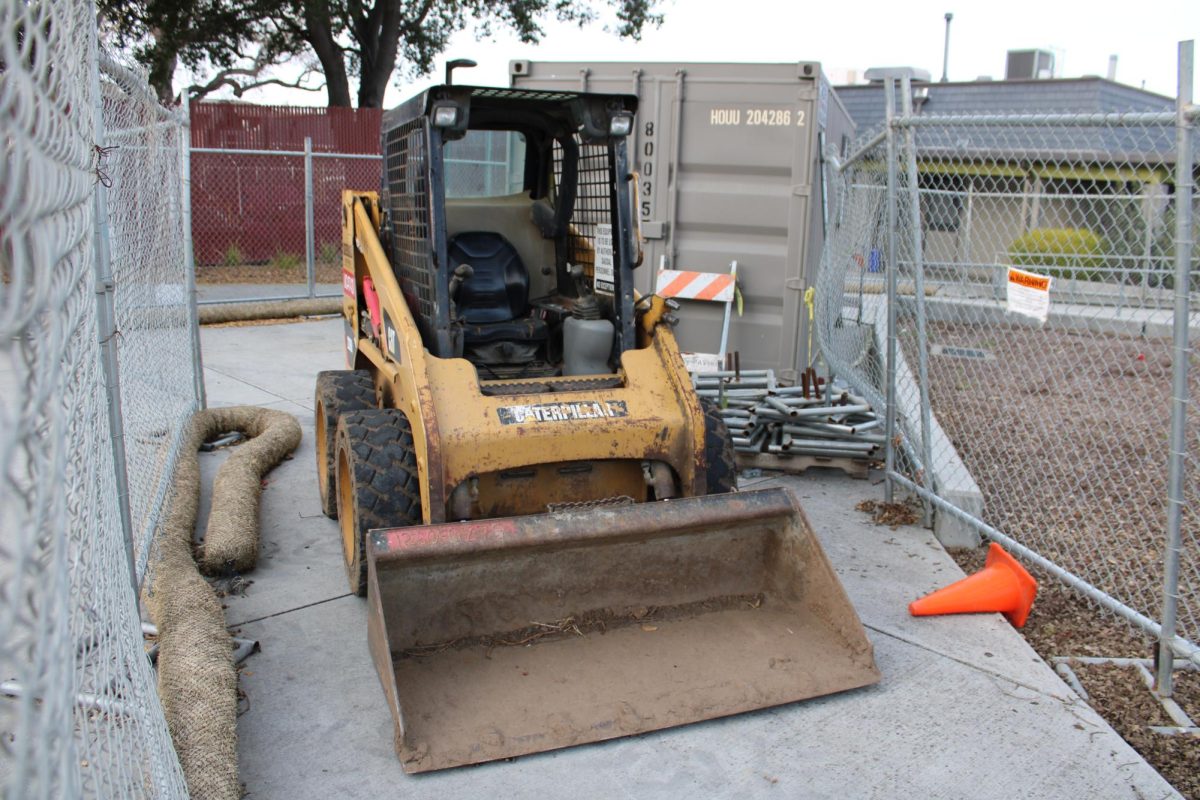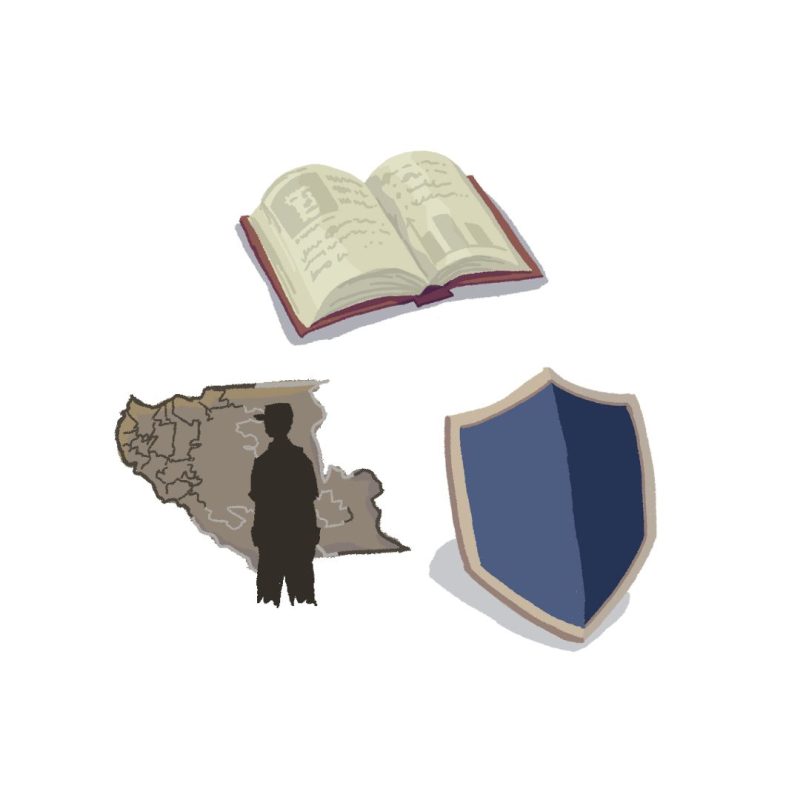Written by Kush Dubey
The Gunn administration and Palo Alto Unified School District Office (PAUSD) have scheduled inspections and modifications of fire alarm sensors over winter break after being notified that the school could face fines from the Palo Alto Fire Department (PAFD) due to the school’s high frequency of false fire alarms.
According to Principal Dr. Denise Herrmann, the school violated the PAFD’s general quota of allowing two false alarms per week when four false alarms occurred in one week last school year.
The reason for Gunn’s numerous false alarms can be traced to the high sensitivity of fire alarm sensors in buildings that under- went construction. “Most of these false alarms come from the K and L buildings which were remodeled this past year,” Herrmann said. “Firemen think that the construction process left behind dust and other loose particles which could have triggered the highly sensitive fire detectors if they came in contact with each other.”
A thorough inspection, recalibration, reinstallation and major cleaning of fire alarm sensors in the K and L buildings are includ- ed as possible solutions in the district’s plans for winter break.
PAUSD Maintenance Supervisor Luis Zepeda believes that the chances of getting ticketed are low, since the PAFD is more willing to cooperate with the school instead of exacting penalties. “It’s highly unlikely that the school will get fined. While this has been an issue in the past, neither the schools nor the district have ever been fined,” he said. “Generally speaking, the PAFD is sympathetic towards our public schools, and they are more interested in working with us in making sure our fire alarm systems are functioning properly.”
The exact cost of a potential fine due to the school’s continual use of the PAFD’s public services remains unclear. Herrmann, however, believes the cost will be nominal if the school is ticketed.
To junior Eric Wang, a financial punishment for the school is not warranted. “I don’t think Gunn should be fined,” he said. “Many of the alarms are caused by accidents.”
Herrmann adds that the importance of addressing the problem is not solely a financial issue but also an academic one. “A big concern with these fire alarms is that they disrupt student learning because [false alarms] take out crucial class time to walk to the field and walk back,” she said. “The last thing we want to do is interrupt the students’ time to learn, take tests or write in-class essays because of a fire drill.”
Nevertheless, Herrmann believes that this level of responsiveness is crucial to preserve the school’s safety. “In a way it’s good that [fire alarm sensors] are so sensitive because we know that if there really is a fire or emergency then there will be an alarm.”













